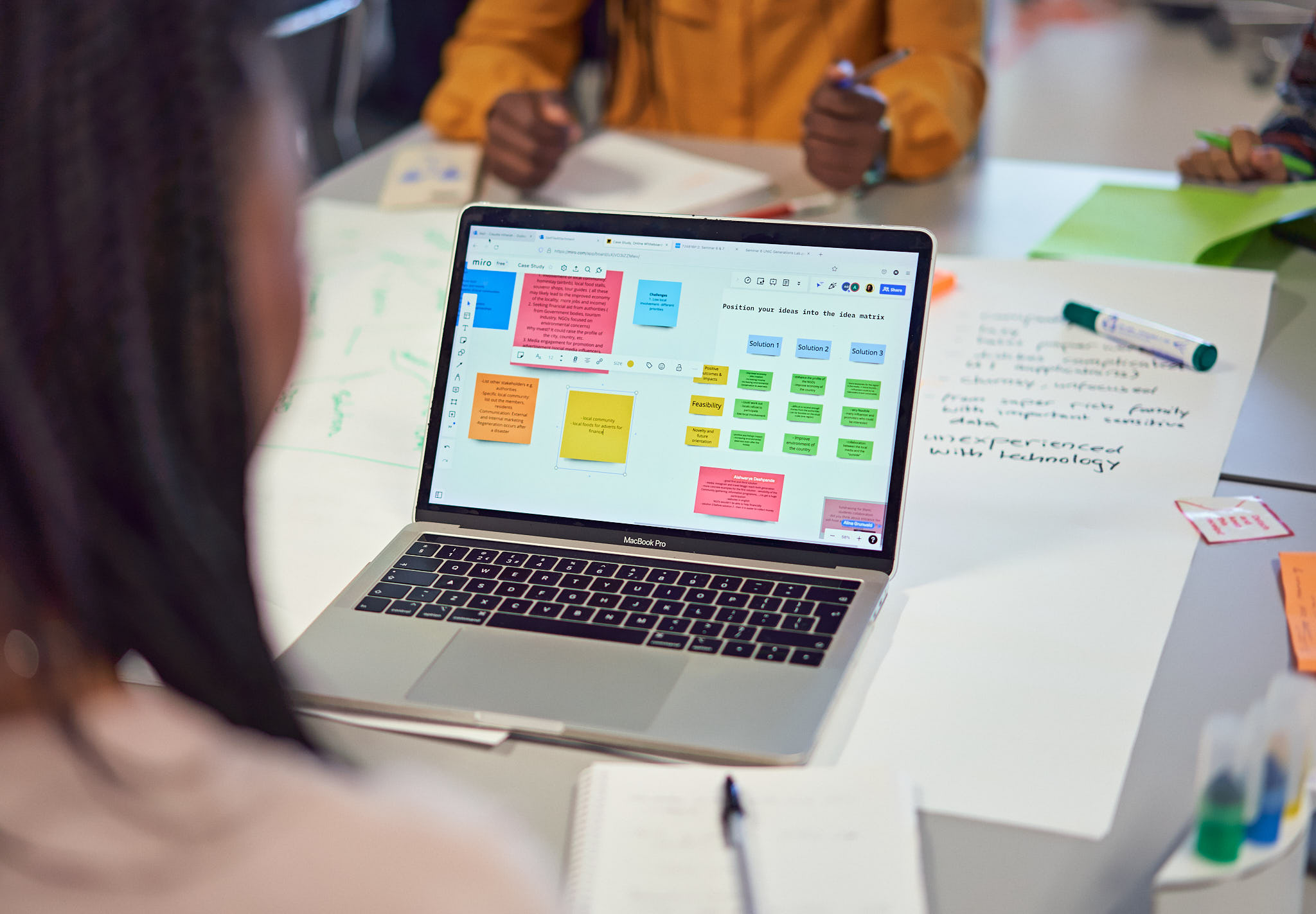Benefits for the educators
The educators have a unique opportunity to collaborate closely with an international team of other teachers and English language experts. Together, they plan the course, regularly discuss its progress, and learn to solve problems (both within their own teams and within teams mentored by other colleagues) through collegial support. Collaborating as a team enhances intercultural learning and opens teachers' eyes to issues of diversity, working styles, the need for explicitness or tolerance for ambiguity, culture-specific approaches to assessment and other important topics in higher education. The ability to compare systems and operational frameworks at various collaborating universities (e.g. the functionalities of Moodle at different universities) enables participating teachers to reflect on their own circumstances and learn from the experiences of others. Data derived from analyses of students’ collaboration and course outcomes provide an opportunity for joint publications, which will help to further the understanding of students’ learning and the effectiveness of teaching methods.
Challenges for the students and educators
Need for transparency and clarity for self-directed and self-organised learning: The course information and guidance on Moodle should be comprehensive and written in clear, accessible language. Instructions on both mandatory and optional tasks should be provided in multiple formats (written, audio and graphic) to accommodate different learning styles. Any possible misunderstandings or misinterpretations should be anticipated and avoided.
Balancing teachers’ support and self-organised learning: Students need guidance from their teachers to help them develop their social competencies, particularly their problem-solving skills, when conflicts within teams arise. Teachers need to display diplomatic skills when helping students with challenging situations they have not witnessed themselves. They must strike a balance between providing sufficient support and intervention on the one hand, and allowing their students to assert themselves independently on the other hand.
Dealing with divergent attitudes to teamwork: Due to differences in personality traits and attitudes towards teamwork that are specific to certain cultures, some team members may feel exploited and underestimated in their involvement in group work. Conversely, others may enjoy a 'free ride' and contribute little to the final outcome. Such situations require sensitivity from everyone involved, and teachers may need to mediate between group members.
Technical support and troubleshooting: Although the teams are free to select their preferred tools, it is important to clarify in advance who should be contacted in the event of technical problems. Ideally, students should be provided with a basic 'toolkit' containing instructions about the available and recommended tools and their functionalities.
Students’ voices (based on course evaluation)
“Actually, the most valuable part of the course happened not in Moodle, but in WhatsApp. Asking others about their progress, sharing useful links, communicating some difficulties – all these parts of a working process let me develop my soft skills. The grammar tasks and the learning videos in Moodle were certainly helpful, but the unique part of the course, that distinguishes it from other English lectures, is the communication in a team.”
“I plan to maintain the skills I developed by actively applying them in real-world projects, collaborating with diverse teams, and continuing to practice effective communication in English.”
Preconditions on the educators’ side
Teachers willing to embark on similar teaching projects should be open to innovation, finding new solutions and discovering new perspectives. They should be prepared to discuss and if necessary to review their own teaching methods, long-established procedures and teaching mindset. Such a collaborative project requires mutual trust, so teachers should be prepared to commit to developing supportive and non-competitive relationships with their colleagues.
Further reading
McAnsh, S. & Braidwood, E. (2024): Fostering student engagement through problem-solving in multidisciplinary, transnational teams, Fremdsprachen in Lehre und Forschung 57 (2024), pp. 56-65.
Anna Soltyska, University Language Centre (Zentrum für Fremdsprachenausbildung), Ruhr-Universität Bochum






